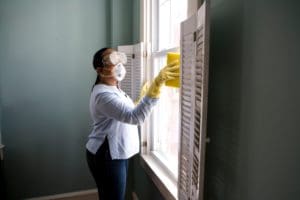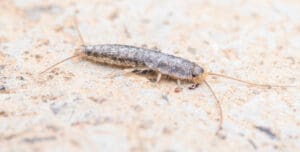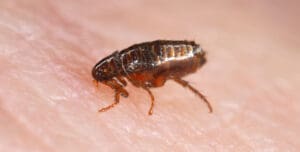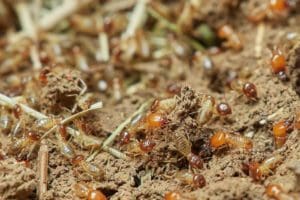

Hotel Pest Control: Why IPM Is Vital To The Hospitality Industry
November 8, 2023
In the hospitality industry, guests are constantly coming and going, making hotels particularly vulnerable to pest infestations. Twin-Boro’s guide to hotel pest control is made to help hotel managers navigate pest problems on their properties. Read on to learn about identifying pest activity, handling hotel infestations, and choosing the right pest control plan for your hotel.

What Are The Most Common Hotel Pests?
Here are a few of the more common hotel pests:- Bed Bugs: These blood-sucking insects infest bedding and furniture, causing itchy bites and allergic reactions.
- Cockroaches: Known for their rapid reproduction and food contamination, these pests can spread diseases and compromise hygiene standards.
- Rodents (Mice and Rats): Capable of causing structural damage and transmitting diseases, rodents are a significant concern for hotel environments.
- Ants: Sugar ants and carpenter ants are attracted to food and moisture, often creating unsanitary conditions in hotels.
- Mosquitoes and Flies: These pests can thrive in warm climates, posing health risks and annoyance to guests.
Why Is Pest Control Important For Hotels?
Pest control is vital for hotels for several reasons. Firstly, maintaining a pest-free environment is crucial for guest satisfaction and comfort, as the presence of pests can lead to negative experiences and tarnish the hotel's reputation. Secondly, pests can pose health risks by spreading diseases and allergens, potentially affecting the well-being of guests and staff. Moreover, effective pest control helps safeguard the hotel's infrastructure, preventing structural damage and costly repairs caused by pests like rodents and termites. Compliance with health and safety regulations is another critical aspect, as hotels failing to ensure a pest-free setting may face legal repercussions. Ultimately, prioritizing pest control ensures uninterrupted operations, safeguarding the hotel's business continuity and fostering a positive guest experience.
What Are The Signs Of A Hotel Pest Infestation?
Signs of a hotel pest infestation include:- Visible Pests: Guests might spot live pests such as bed bugs, cockroaches, or rodents in their rooms or common areas.
- Fecal Matter and Urine: Presence of droppings or urine stains in areas like corners, behind furniture, or in storage spaces can signify activity from pests like rodents.
- Unusual Smells: Foul or musty odors, often associated with pest infestations, can indicate the presence of pests like rodents or bed bugs.
- Physical Damage: Signs of gnaw marks, chewed wires, or damaged furniture and structures point to an infestation of destructive pests like rodents or wood-destroying pests.
- Bite Marks or Skin Irritation: Guests reporting unexplained bites or skin irritations are evidence of bed bugs or other biting pests like flies.
- Trails or Nests: Trails of ants, cockroach egg cases, or rodent nests found in hidden or undisturbed areas are sure signs of a pest problem.






